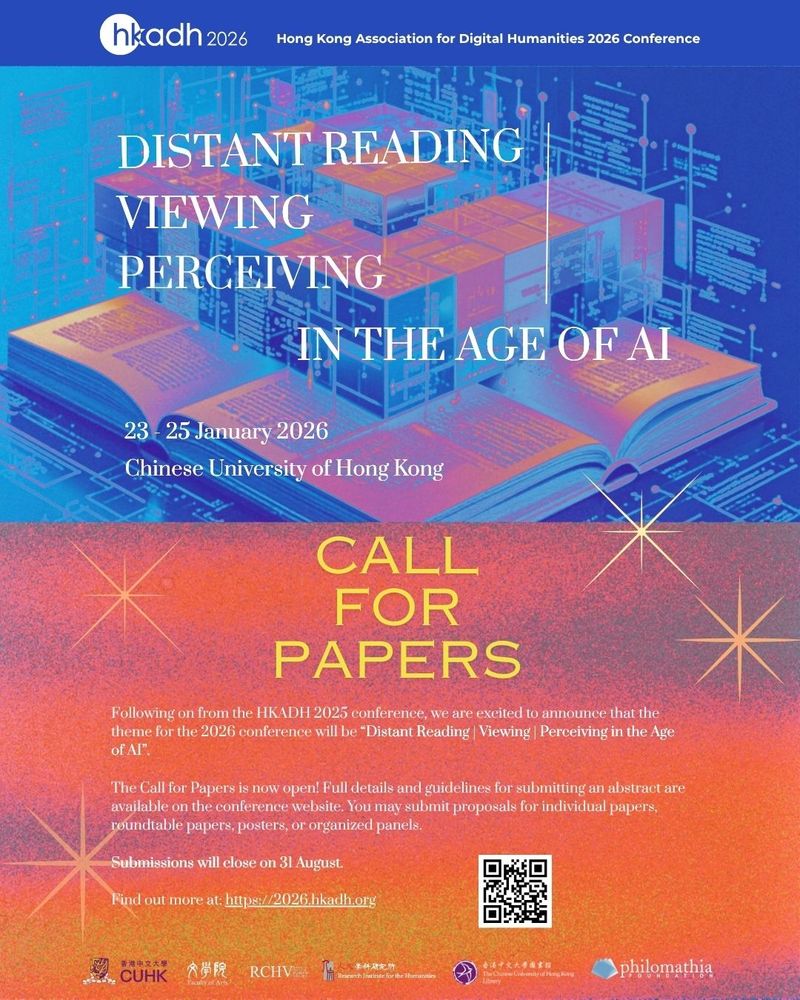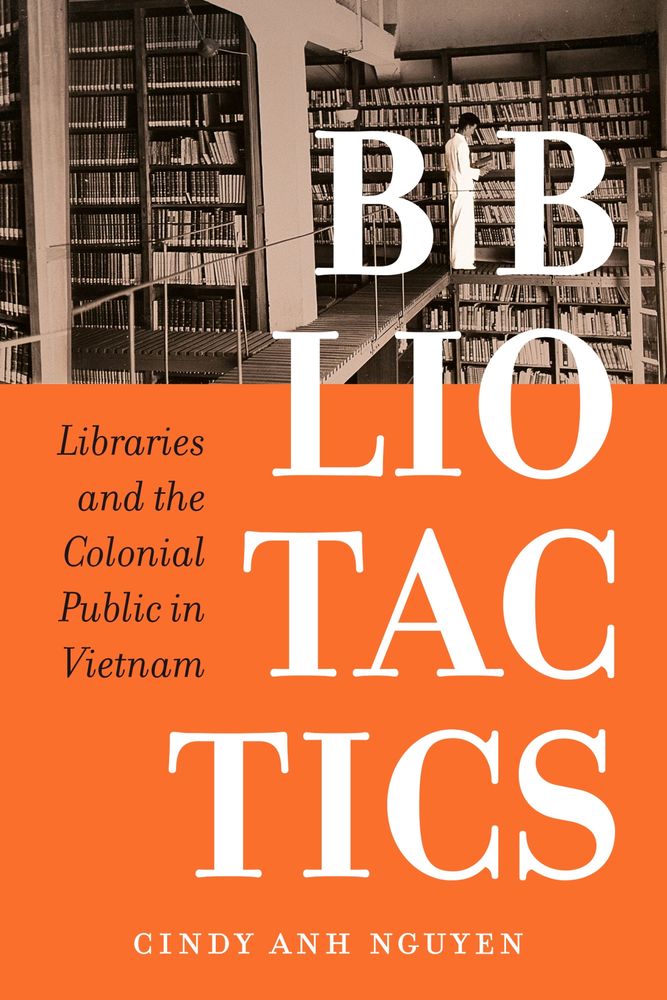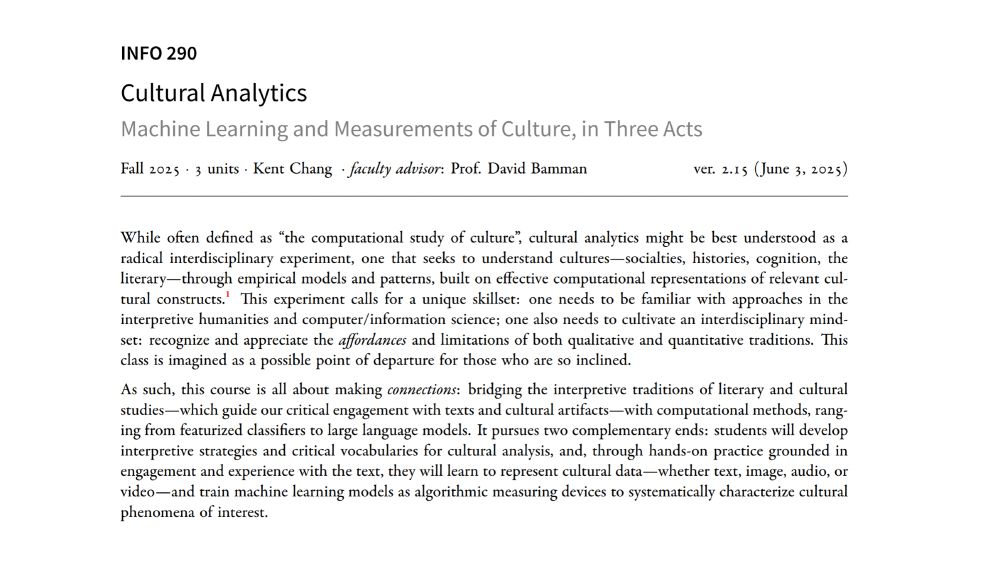Cindy Anh Nguyen
@cindyanguyen.bsky.social
160 followers
120 following
20 posts
Historian-Artist. Assistant professor UCLA, Information Studies, Digital Humanities, Southeast Asia, libraries. cindyanguyen.com Author of Bibliotactics https://bibliotactics.com
Posts
Media
Videos
Starter Packs
Reposted by Cindy Anh Nguyen
Reposted by Cindy Anh Nguyen
Reposted by Cindy Anh Nguyen
Reposted by Cindy Anh Nguyen
Reposted by Cindy Anh Nguyen
Reposted by Cindy Anh Nguyen
Reposted by Cindy Anh Nguyen
Maggie Jack
@slouching.bsky.social
· Jun 23
Reposted by Cindy Anh Nguyen
Reposted by Cindy Anh Nguyen
Micah Bateman
@micahbateman.bsky.social
· Jun 12

Stay in touch with DH in Libraries (an ACH SIG)
This special interest group is exploring what people at the intersection of DH and libraries need and want. We envision coordinating with other folks who are asking the same questions in order to cont...
docs.google.com
Reposted by Cindy Anh Nguyen
Miriam Posner
@miriamposner.com
· Jun 5
Reposted by Cindy Anh Nguyen
Reposted by Cindy Anh Nguyen
Reposted by Cindy Anh Nguyen
Reposted by Cindy Anh Nguyen















